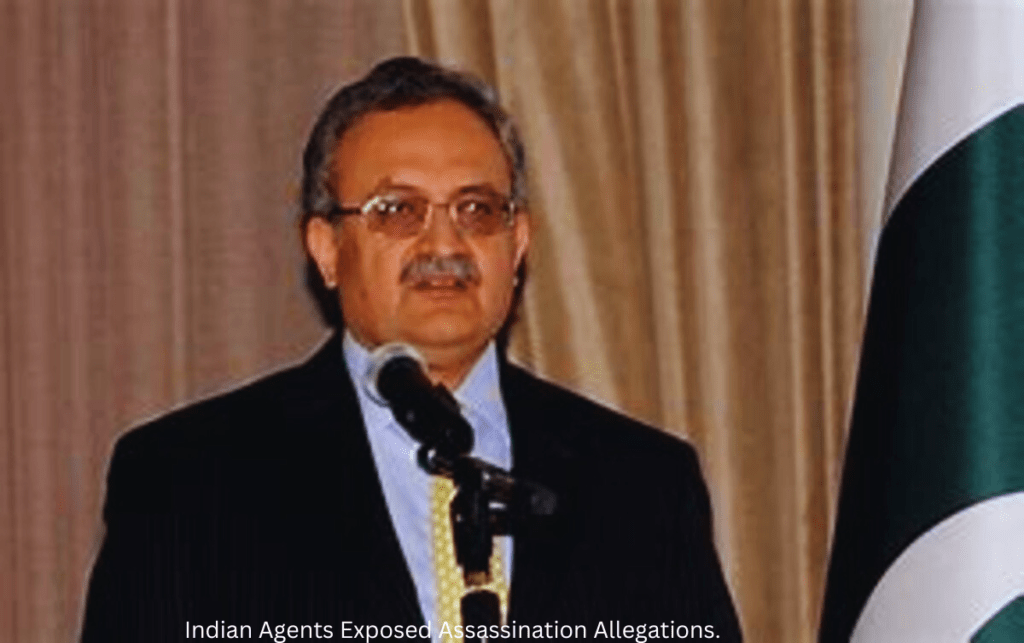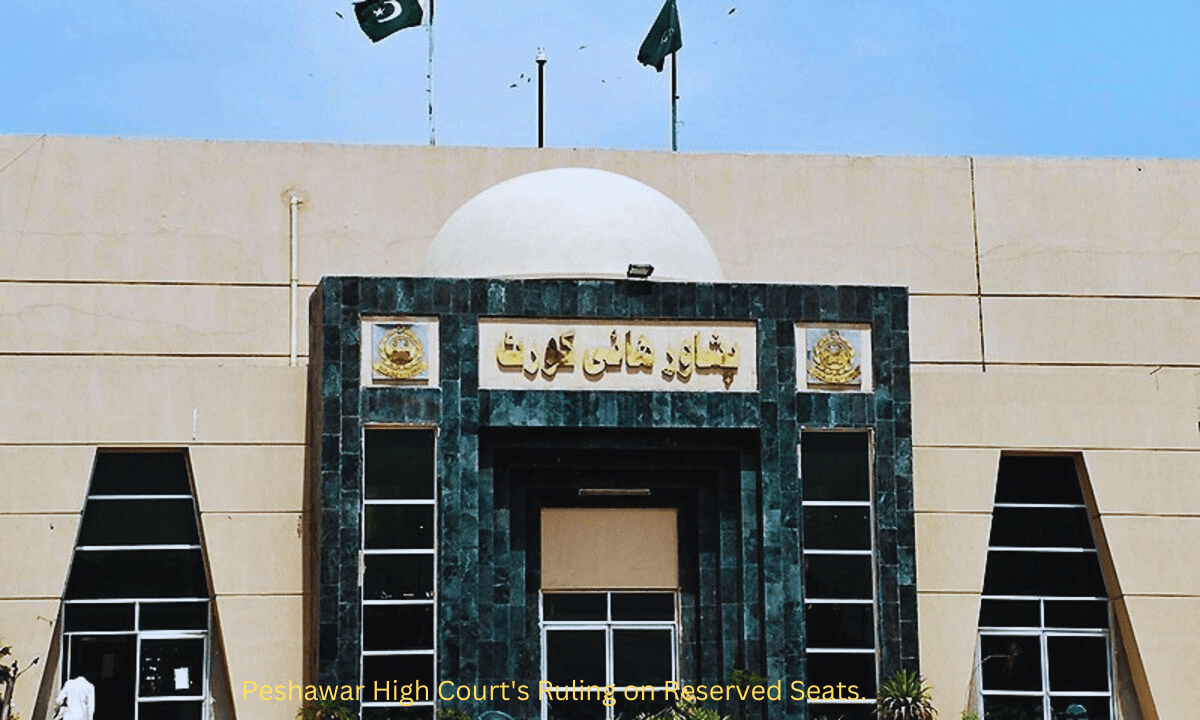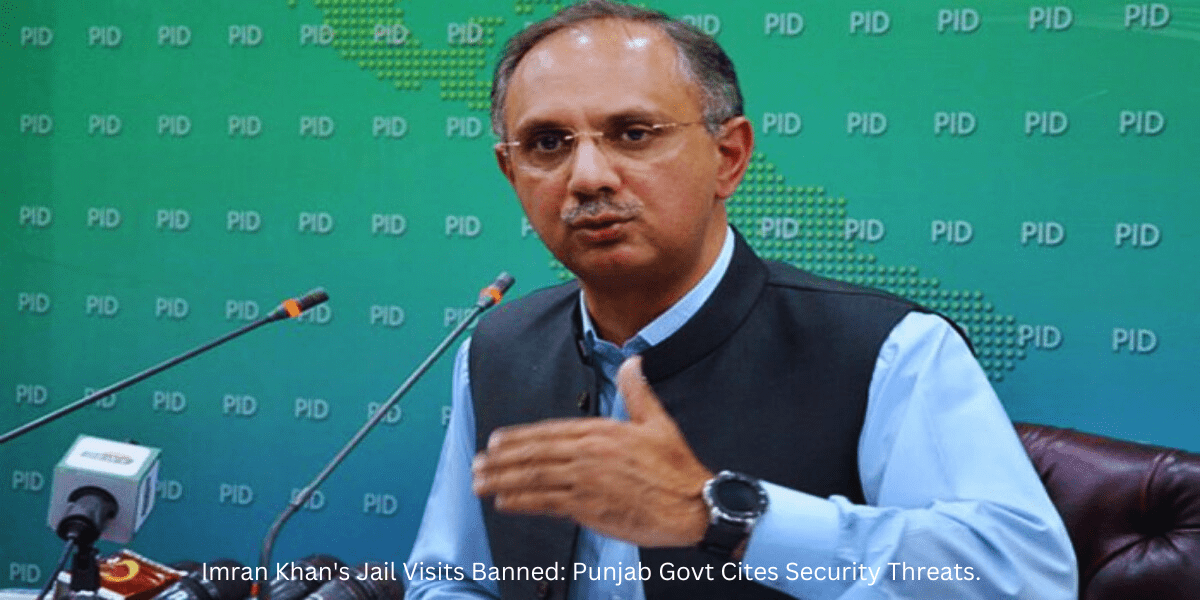
The unveiled evidence of Indian agents orchestrating assassinations on Pakistani soil raises serious concerns about the violation of international law and sovereignty. The meticulous details provided by Foreign Secretary Muhammad Syrus Sajjad Qazi showcase the extent of the alleged involvement, emphasizing the need for accountability. As investigations progress, the global community watches closely, assessing the implications of these actions on diplomatic relations and international cooperation.
Credible Evidence of Indian Agents’ Role in Assassinations
Foreign Secretary Muhammad Syrus Sajjad Qazi, in a recent statement, unveiled credible evidence linking Indian agents to the assassinations of Pakistani nationals in Sialkot and Rawalakot. This revelation sheds light on a complex web of technology, safe havens, and criminal networks allegedly employed by Indian operatives to carry out targeted killings on foreign soil.
Shahid Latif and Muhammad Riaz
In 2023, Shahid Latif and Muhammad Riaz became victims of these alleged assassinations. Shahid Latif was assassinated outside a mosque in Sialkot on October 11, 2023. The intricate details of the investigation revealed the involvement of an Indian agent, Yogesh Kumar, based in a third country, orchestrating the operation. Muhammad Umair, a local recruited by Kumar, played a pivotal role in the failed attempts before successfully carrying out the assassination.
Muhammad Riaz, assassinated during Fajr prayers inside a mosque in Rawalakot on September 8, 2023, faced a similar fate. The killer, Muhammad Abdullah Ali, was tracked and apprehended at Jinnah International Airport in Karachi. Indian agents Ashok Kumar Anand and Yogesh Kumar allegedly recruited and guided Ali through social media platform Telegram, providing him with payments, weapons, and ammunition.
Recruitment and Execution Methods
Indian agents reportedly utilized social media, talent spotters, and fake Daesh accounts to recruit individuals like Muhammad Umair and Muhammad Abdullah Ali. Teams of financiers, locaters, and assassins were employed in these operations, showcasing a sophisticated and brazen approach to extra-judicial and extra-territorial killings.
International Implications and Allegations
Foreign Secretary Qazi emphasized that such incidents were not isolated, pointing to similar allegations made by the US and Canada. Canada accused the Indian government of involvement in the murder of Sikh separatist Hardeep Singh Nijjar, leading to diplomatic tensions. The US also charged an Indian man, Nikhil Gupta, in connection with a foiled plot to assassinate a US citizen critical of the Indian government.
Indian Response and Call for Accountability
In response to Qazi’s remarks, the Indian Ministry of External Affairs dismissed them as false propaganda, asserting that Pakistan has long been the epicenter of terrorism. Qazi, on the other hand, stressed the importance of holding India accountable internationally for violating Pakistan’s sovereignty and breaching the UN charter.
As investigations unfold, the global community watches closely to assess the diplomatic repercussions of these allegations. The alleged involvement of Indian agents in extra-territorial killings raises questions about the reliability of India as a credible international player and its adherence to global responsibilities. The call for accountability echoes as Pakistan remains committed to protecting its people and sovereignty.
Frequently Asked Questions (FAQ’s)
Q: What is the evidence linking Indian agents to Pakistani assassinations?
A: The Foreign Secretary presented credible evidence, including confessional statements, technical evidence, and financial transactions, linking Indian agents to the assassinations in Sialkot and Rawalakot.
Q: How were local criminals recruited for the assassinations?
A: Indian agents utilized social media, talent spotters, and fake Daesh accounts to recruit individuals like Muhammad Umair, who then facilitated contact with local criminals in Pakistan.
Q: Are there other similar cases under investigation?
A: Yes, Islamabad has reached out to relevant third countries, and there are ongoing investigations into similar cases, reflecting a growing trend of alleged Indian-sponsored terrorist acts.
Q: What are the international implications of these allegations?
A: The Foreign Secretary emphasized the need for India to be held accountable internationally, citing a violation of international law and the UN charter, calling India’s actions completely unacceptable.
Q: How did the Indian government respond to these allegations?
A: The Indian Ministry of External Affairs dismissed the allegations as false propaganda, asserting that Pakistan has long been the epicenter of terrorism and illegal activities.




Leave a Reply